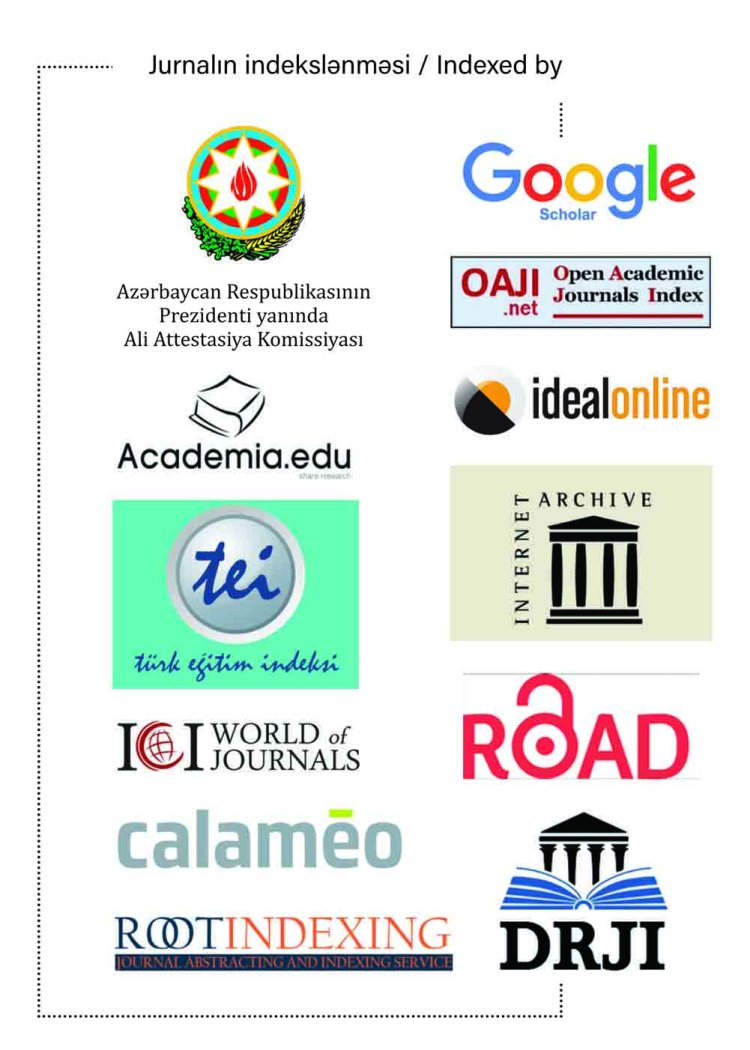ATTITUDE LEVELS OF STUDENTS TOWARDS EVALUATION OF VOCATIONAL TECHNICAl EDUCATION IN NORTHERN CYPRUS
Vocational high schools have been one of the most important building blocks in the transition of industrialized societies to an information society. With the transition from primitive production forms to sequential production line systems, professional knowledge and norms have gained a dimension and speed that goes beyond the master-apprentice relationship. In this process, which coincided with the fact that vocational education began to be given in schools by overlapping with scientific, academic and pedagogical models, vocational schools and industrial vocational high schools were opened in developing countries. By participating in the production processes of people who grew up from these schools and have technical and vocational backgrounds, they have succeeded in becoming societies that have become competent with technology in their production areas and gradually offer their products to the foreign market from the domestic market. In this sense, the contribution of the students studying at vocational high schools to the development of the country is indisputable. Since the children of families with low socio-economic status and students who are not academically successful usually attend vocational high schools in Northern Cyprus, the effects of friends and negative environment, split family profile problems and the negative effects of information technologies negatively affect students’ attitudes towards vocational and technical education. The aim of this research is to examine the attitudes of vocational high school students towards vocational and technical education in Northern Cyprus; The research questions were “What are the student attitude levels towards vocational technical education?” and “Student attitude levels towards vocational technical education; Does it make a significant difference according to personal, educational and professional variables?” has been determined. Scanning model was used in this study.




